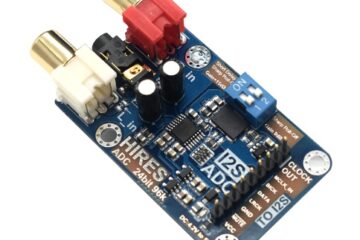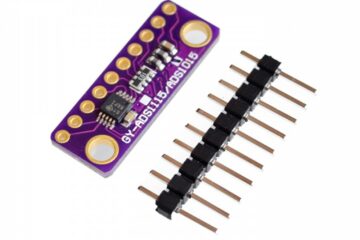Using an ‘I2S HIRES ADC Audio I2S Capture Card Module’ with an ESP32
Quite some time ago I have purchased an Audio Analog to Digital Converter (ADC) module, but I never managed to have it working properly. Unfortunately Google Search could not help either and I was the only one using this module or having problems. The Software Finally I have it working now and therefore document my setup in the hope that this might save you some time. Since I am doing all my audio projects with Read more…






